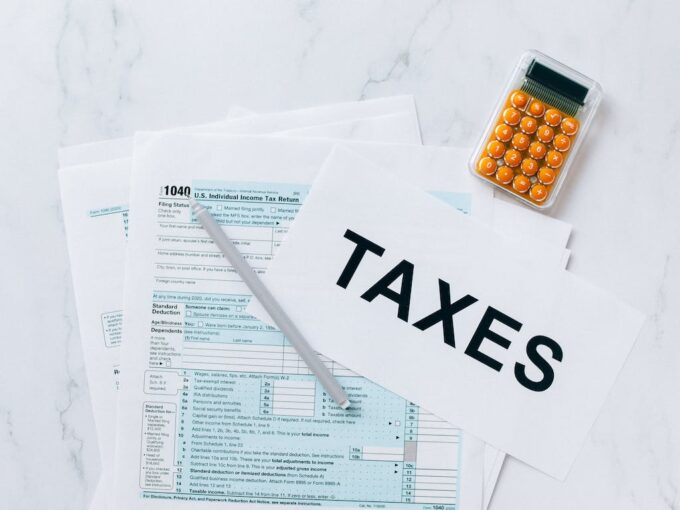Freelancing and self-employment offer flexibility and independence, but they also come with unique financial challenges. A solid financial plan can help you manage your income and prepare for the future. Here are some essential tips for effective financial planning as a freelancer or self-employed individual.
Track Your Income and Expenses
The first step in financial planning is to keep a close eye on your income and expenses. Use tools like spreadsheets or accounting software to record every transaction. This will help you understand where your money is coming from and where it’s going. Knowing your cash flow is crucial for making informed decisions.
Set Aside Money for Taxes
Unlike traditional employees, freelancers must handle their taxes independently. Set aside a portion of your income for taxes to avoid any surprises come tax season. A good rule of thumb is to save about 25-30% of your earnings for taxes. Consider working with an accountant to ensure you meet all tax requirements and take advantage of deductions.
Create an Emergency Fund
An emergency fund is essential for freelancers, as income can be unpredictable. Aim to save three to six months’ worth of living expenses. This cushion will provide financial security during lean months or unexpected situations, allowing you to focus on your work without added stress.
Plan for Retirement
As a freelancer, you won’t have an employer-sponsored retirement plan, so it’s crucial to start saving for retirement on your own. Look into options like a Traditional IRA or a Roth IRA. Regular contributions to your retirement account can help secure your financial future, even if you have a variable income.
Set Financial Goals
Establishing clear financial goals can help you stay motivated and focused. Whether it’s saving for a vacation, buying a home, or building your retirement fund, having specific targets will guide your spending and saving habits. Break down your goals into manageable steps to make them more achievable.
Diversify Your Income Streams
Relying on a single source of income can be risky. Consider diversifying your income by taking on different projects or exploring new services you can offer. This can help stabilize your earnings and protect you from downturns in your primary field.
Invest in Yourself
Continuous learning is vital for staying competitive as a freelancer. Invest in courses, workshops, or tools that can enhance your skills and increase your marketability. The more you invest in yourself, the more you can potentially earn in the long run.








